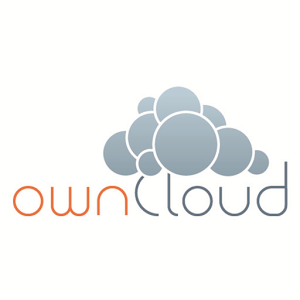For many reasons, not least of which their decision to appoint a surveillance loving war criminal to their board of directors, I’ve been steadily migrating away from Dropbox.
Thankfully, there is a drop-in replacement for much of it, providing you run your own server. So, I’ve got a syncing file store/backup running across my devices, which can be accessed while I’m on the go as well.
However, one of the things I do use dropbox for (which is not terribly important in the grand scheme of things, but which I find quite useful) is, via the use of an IFTTT rule, to take a copy of any photos I’m tagged in on Facebook, so that I can see them (and to break them out of the silo) without actually having to go onto Facebook. This is possible using dropbox, owing to it being a centralised service, but obviously isn’t possible using your own server.
Webhooks to the rescue!
So a little while ago I put together a hack that used IFTTT’s wordpress channel to add a pluggable webhooks interface to IFTTT.
Since this tool supports plugins, I was therefore able to write a simple Facebook adapter which, when triggered would extract the image URL from the push message and then simply download it.
Since my owncloud install was on the same server, all I had to do was output this file to the appropriate owncloud data directory and any files retrieved are automatically synced to your client devices. You can of course opt to write to any directory, and not use owncloud at all, but since I wanted a like for like replacement for IFTTT+Dropbox I went for owncloud server storage!
Here’s the facebookphoto.php plugin code:
]*src *= *["\']?([^"\']*)/', $object->description, $matches))
{
$url = $matches[1];
$parsed = parse_url($url);
if ($object->pass == $this->expected_password) {
$filename = basename($parsed['path']);
file_put_contents($this->owncloud_path.$filename, file_get_contents($url));
}
}
return $object;
}
}
Simple, and obviously you could extend this to do other things with it.
Place the code in your plugins directory, and create a new recipe on ifttt triggering your plugin whenever you’re tagged on Facebook, remembering to pass plugin:FacebookPhoto as your category.
» Visit the Ifttt webhook project on github...
 Known supports syndication to a number of silos (twitter, facebook etc), but since I also have some contacts on LinkedIn, I thought it would be handy to syndicate to them as well. So, I wrote a quick plugin to do just that…
Known supports syndication to a number of silos (twitter, facebook etc), but since I also have some contacts on LinkedIn, I thought it would be handy to syndicate to them as well. So, I wrote a quick plugin to do just that…
